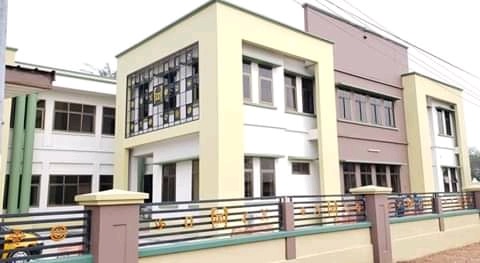Kofi Adoma was still at the Odaw River at the time of writing, spreading the word about how the canal could be cleaned up to give Ghana a better picture. In the 1960s, the river was a popular tourist destination. It has now become Accra’s hub for all plastic waste. During rainy seasons, sand is deposited into this river, which is a major factor in clogging smaller and larger gutters.
In order to find solutions to this issue, Kofi Adoma spoke with Nelson, the CEO of Neplast Ghana, which manufactures building blocks, pavement blocks, and bricks using plastics such as pure water sachets, polyurethane bags, styrofoam, and other plastic products. According to the young man, the canal is as wide as two electric poles, implying that a significant amount of plastic has been accumulated over time.
Nelson stated that if the government invested in his company, he could construct more than 200, 000 affordable houses for the homeless. In comparison to the usual blocks we use in construction, the plastic blocks are unbreakable.
“I pay people, especially women, to collect large quantities of plastic products from their environment, which I then use to build houses, pedestrian walkways, streets, and a variety of other construction projects,” he explained.



































